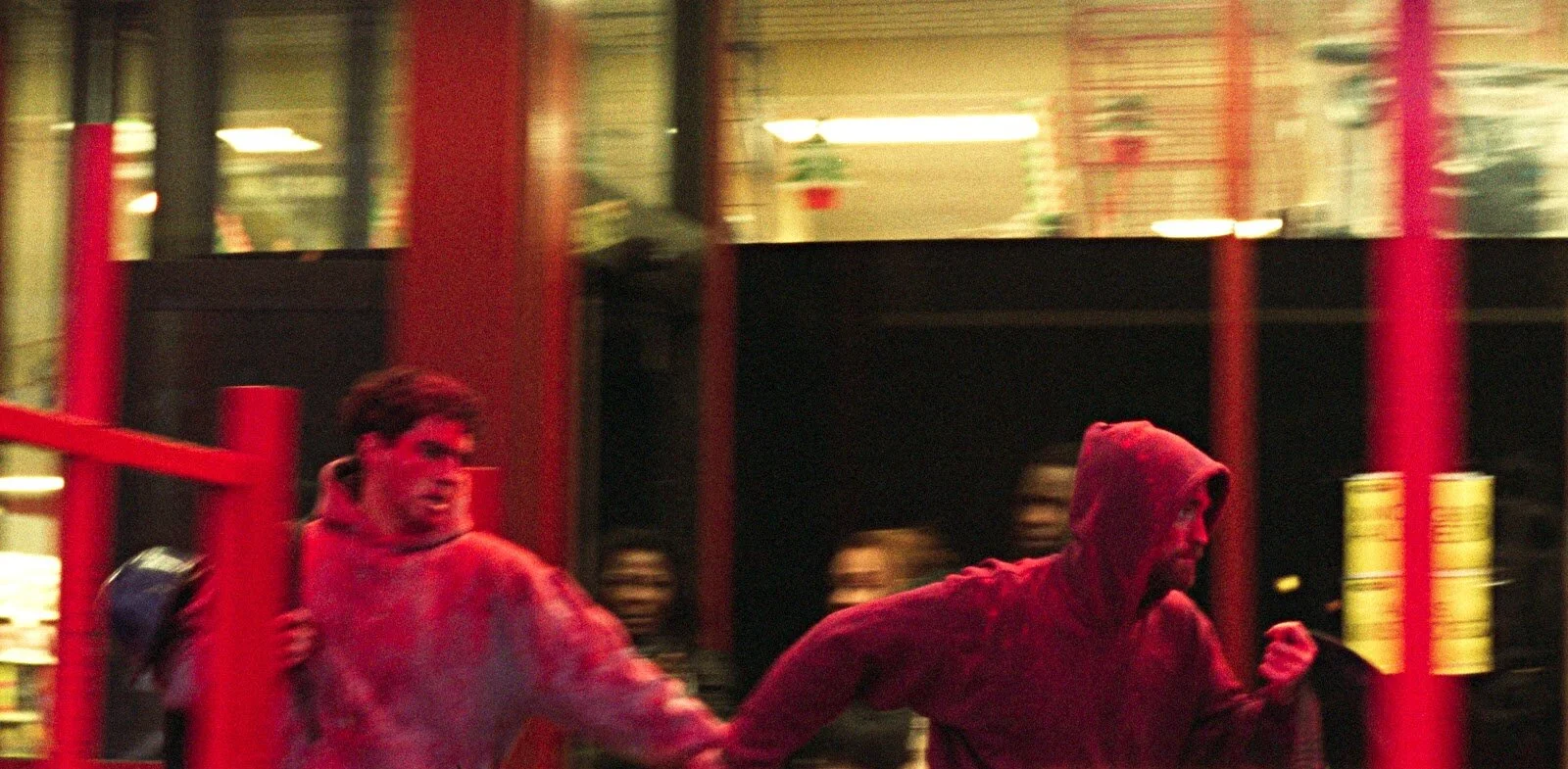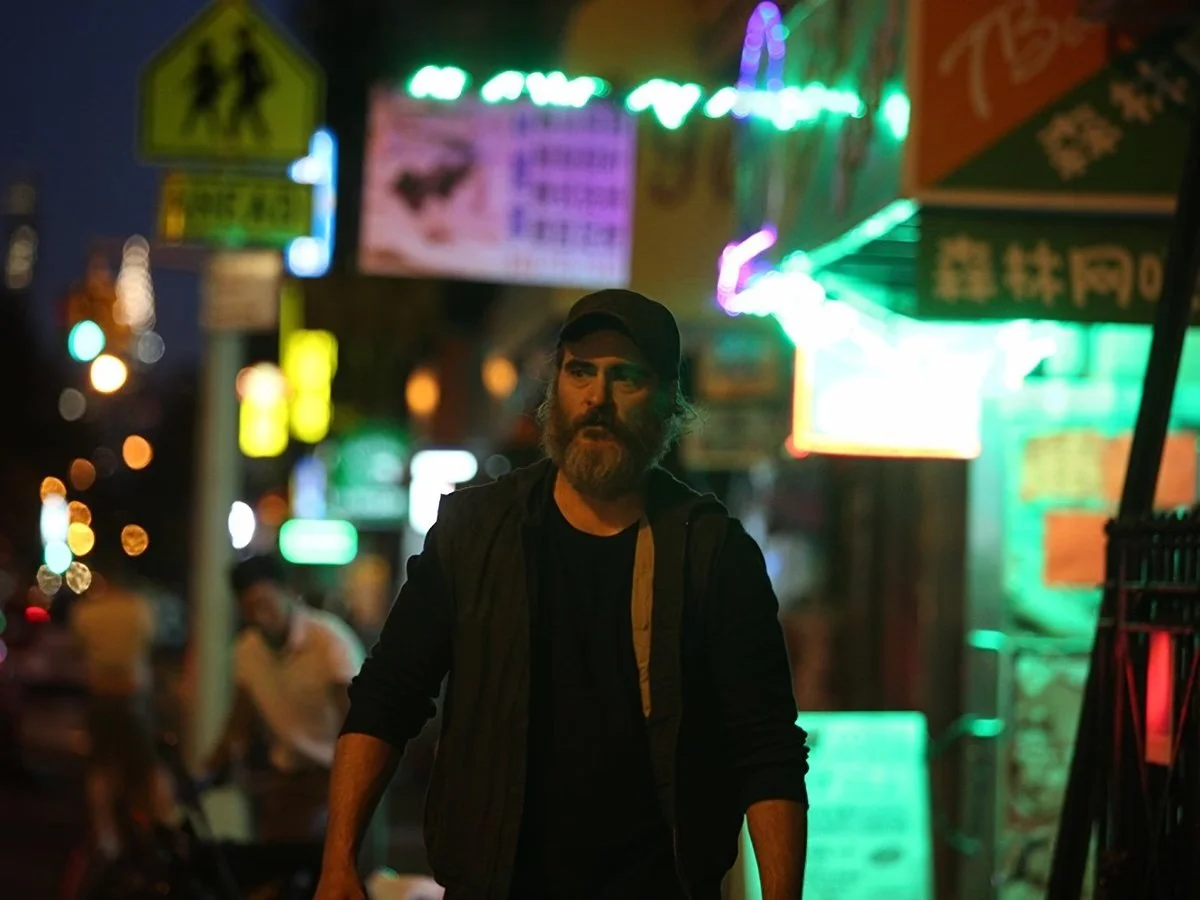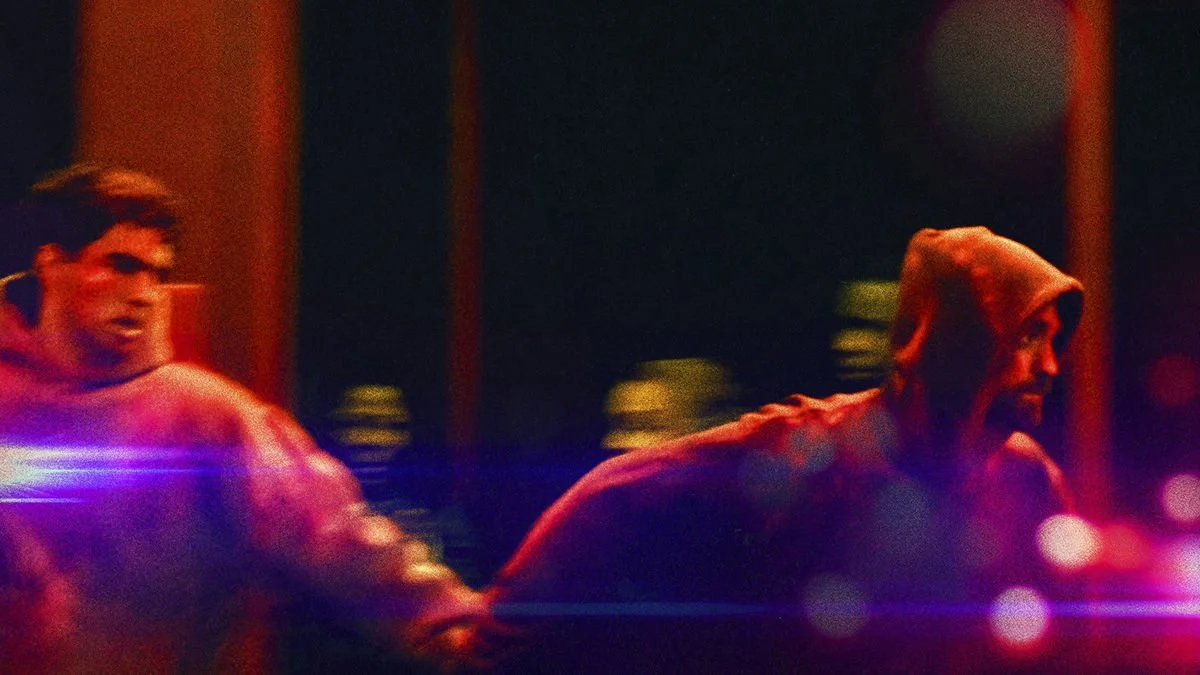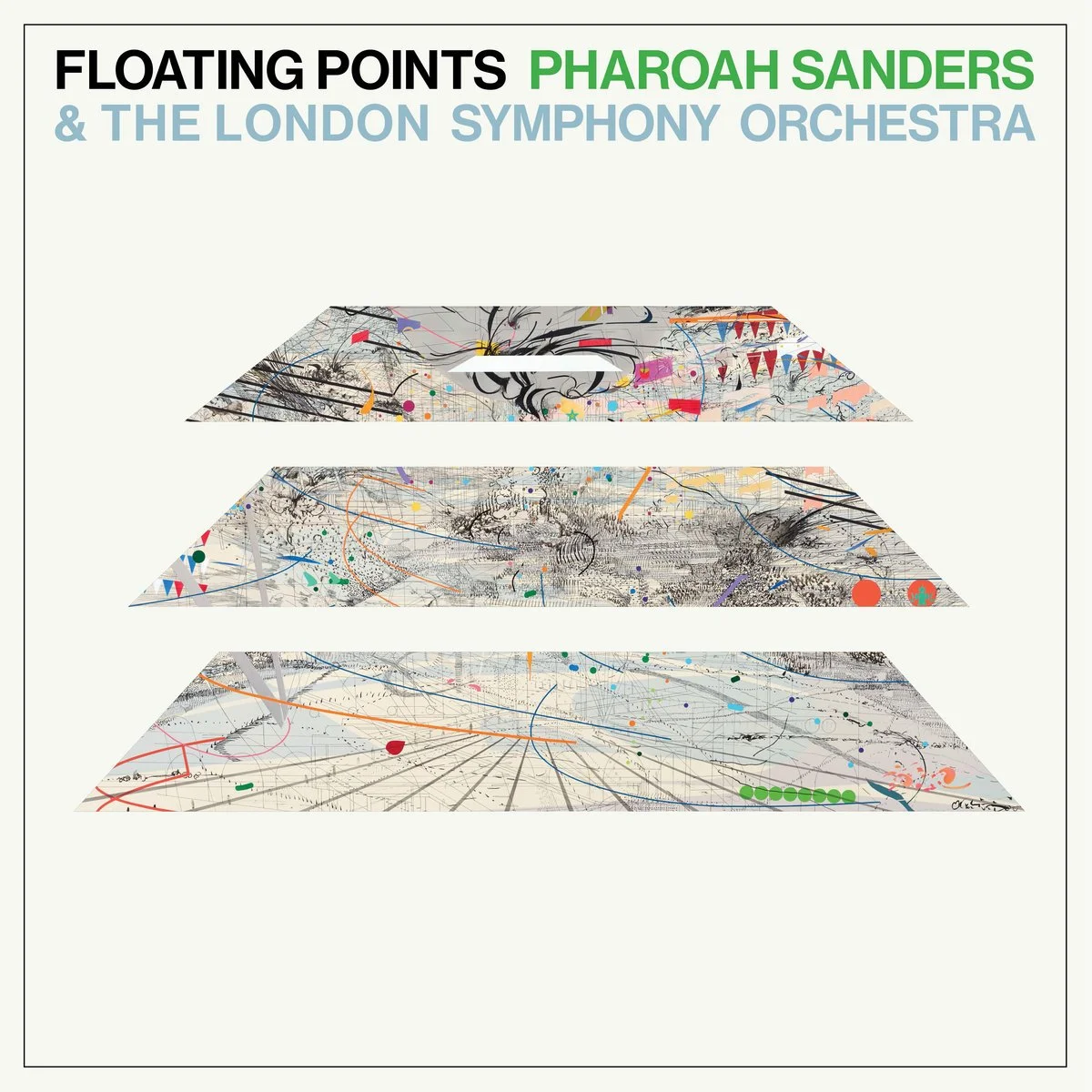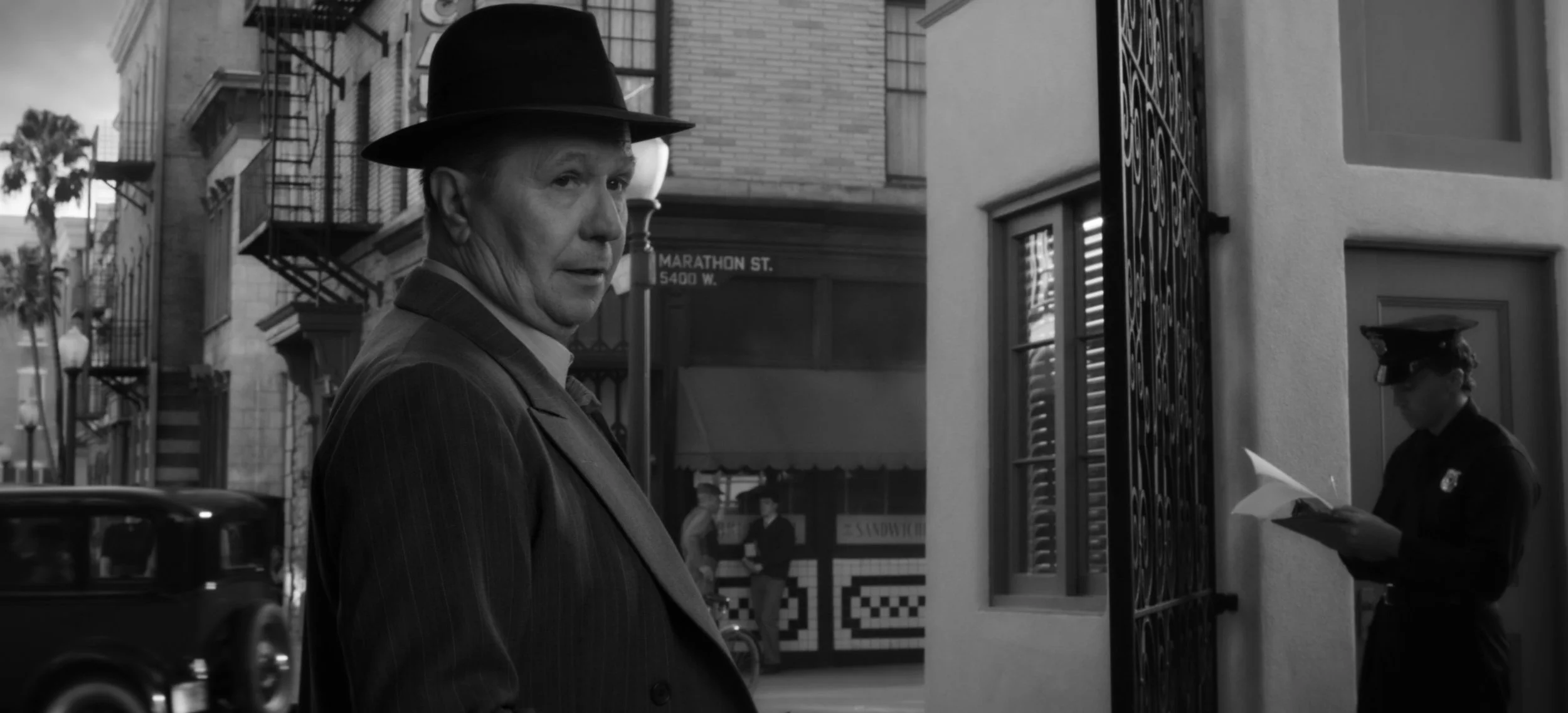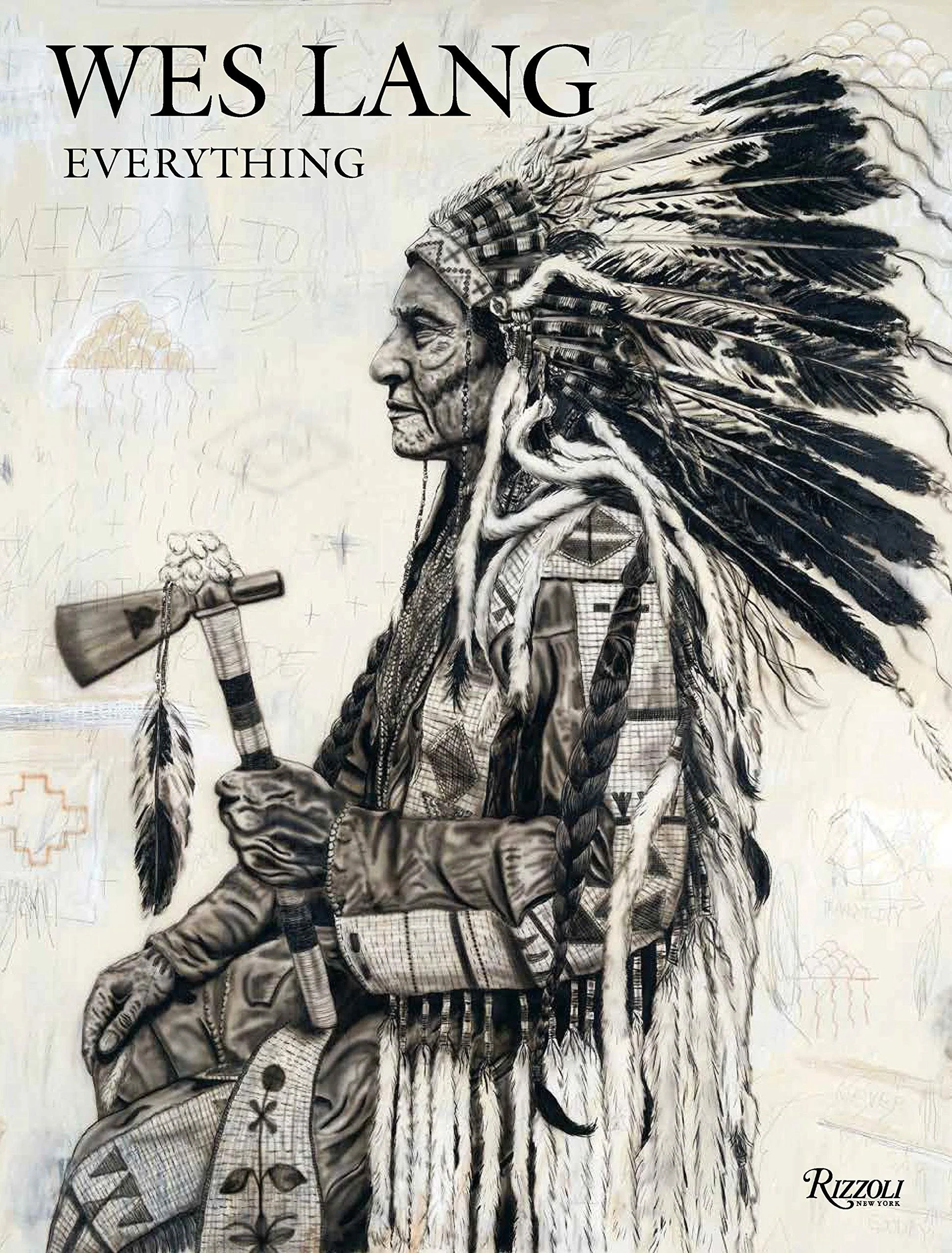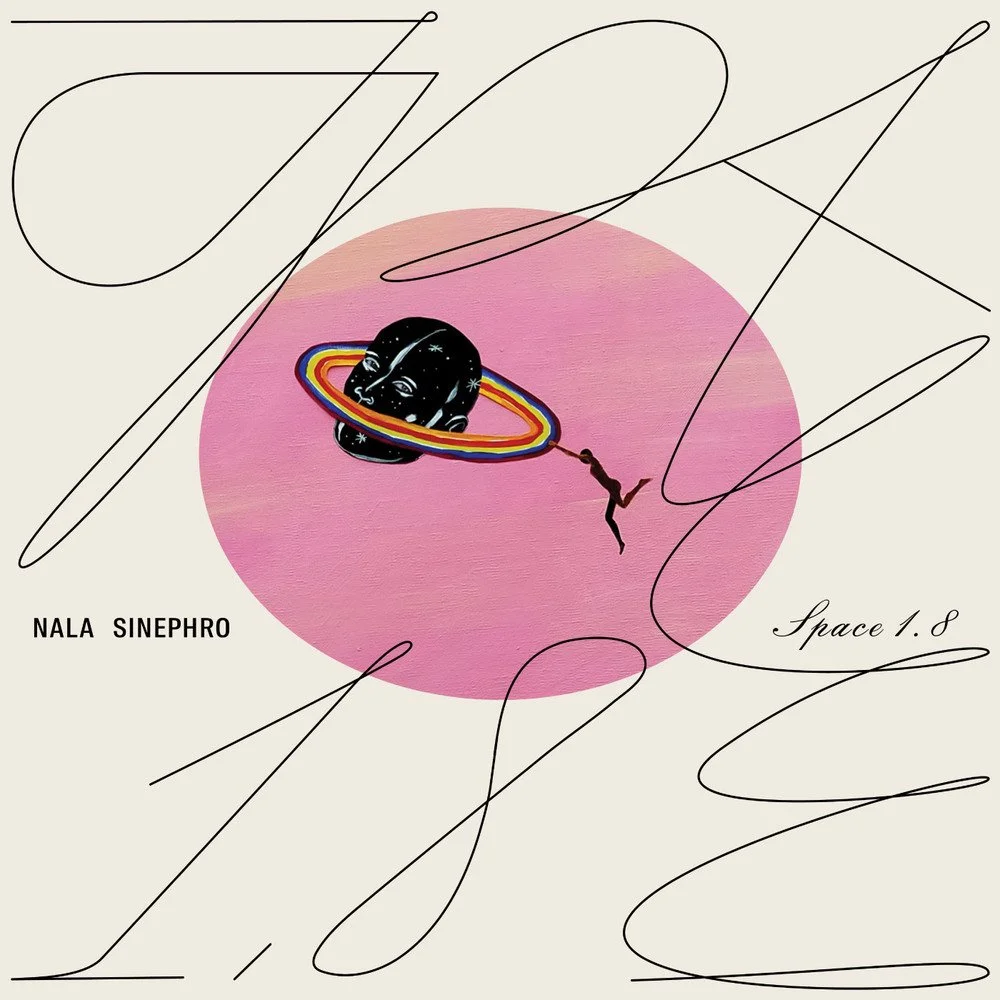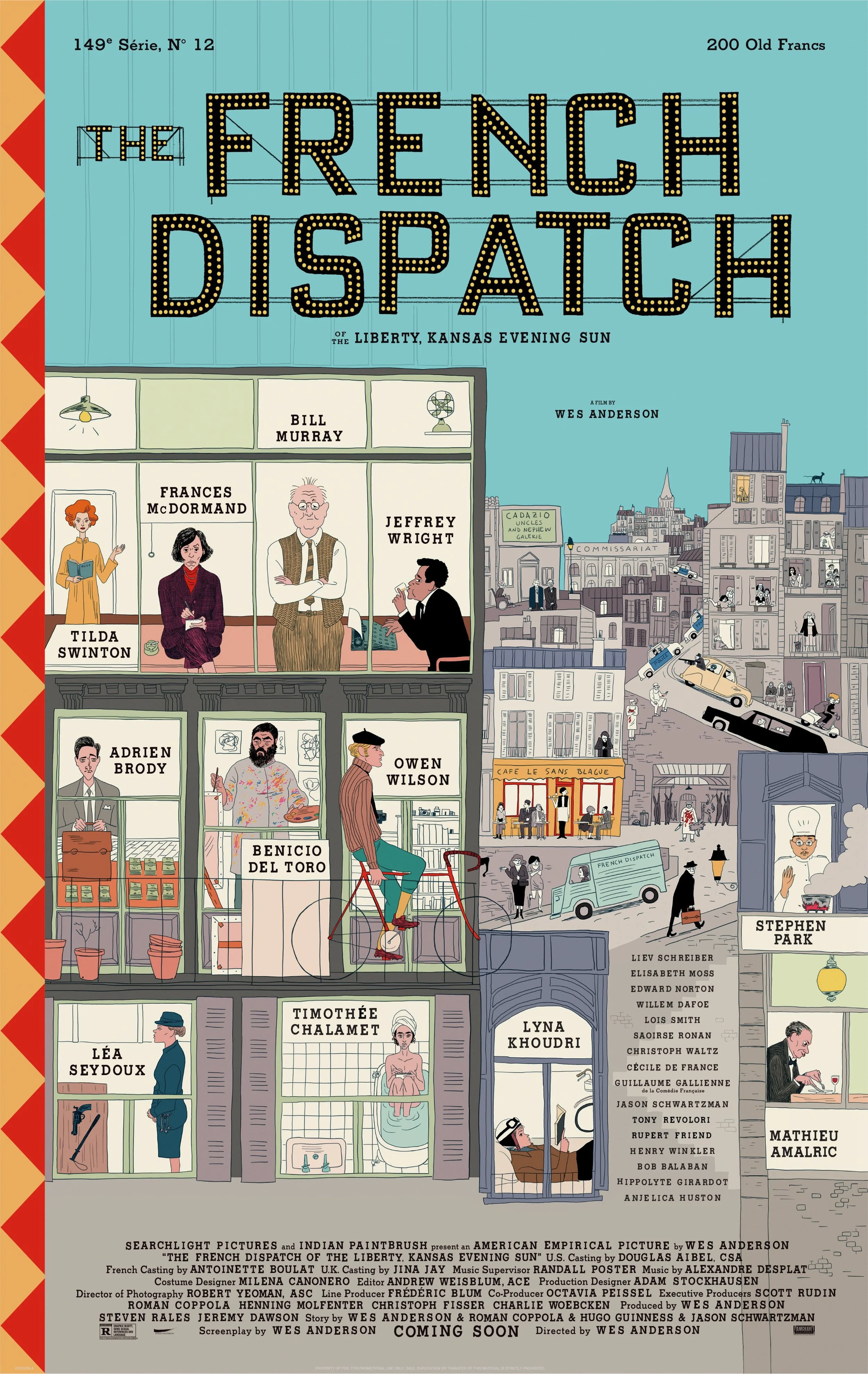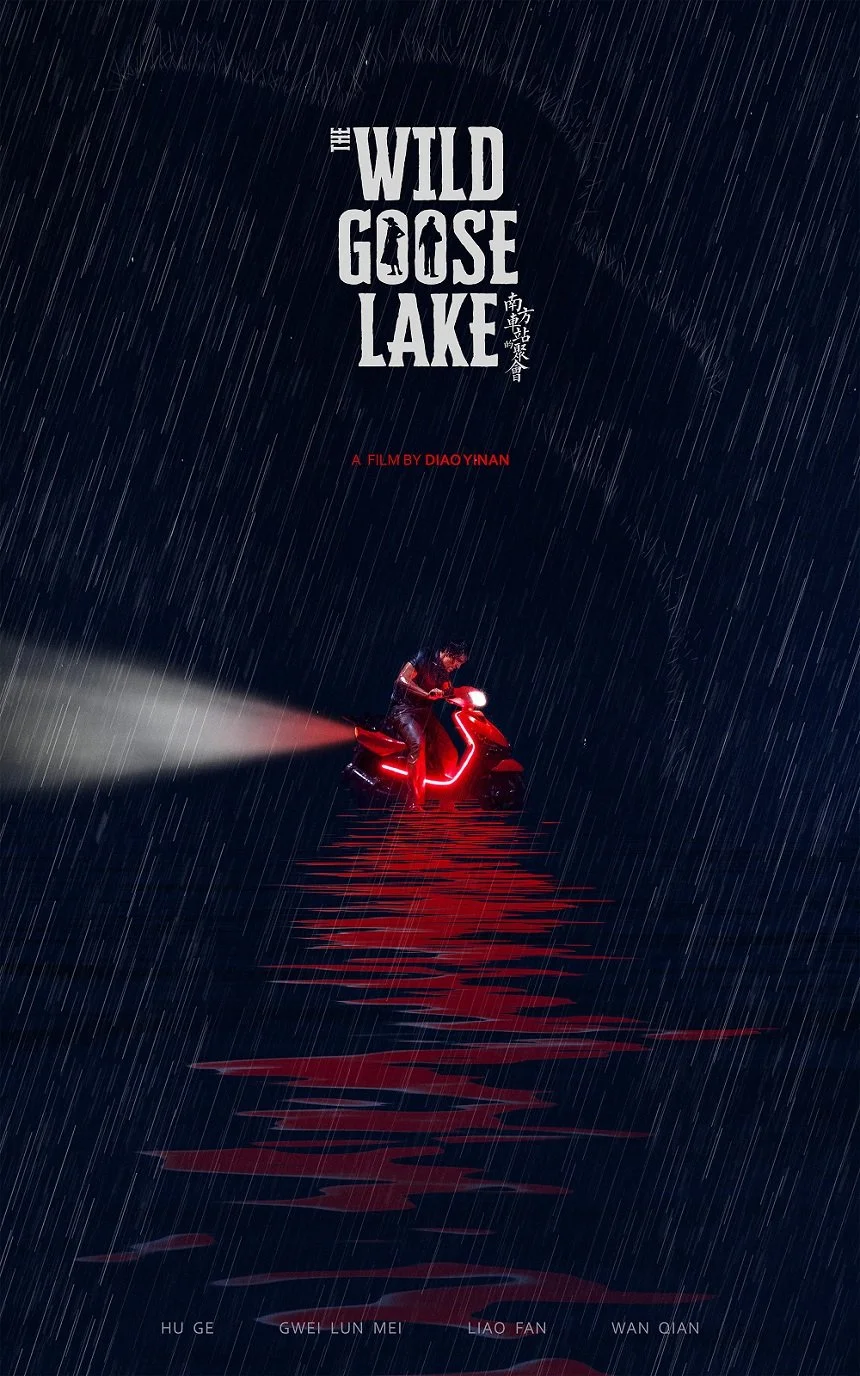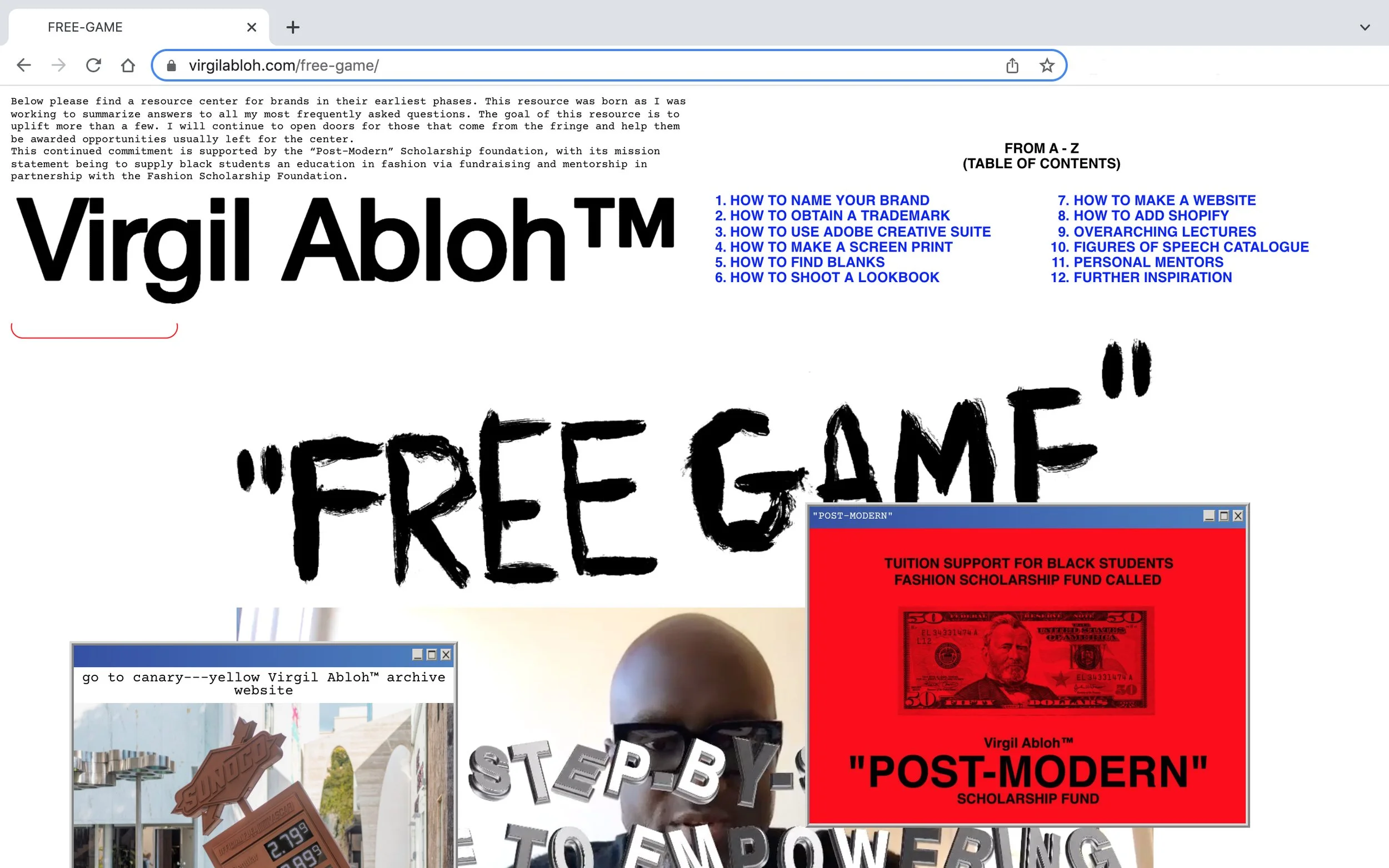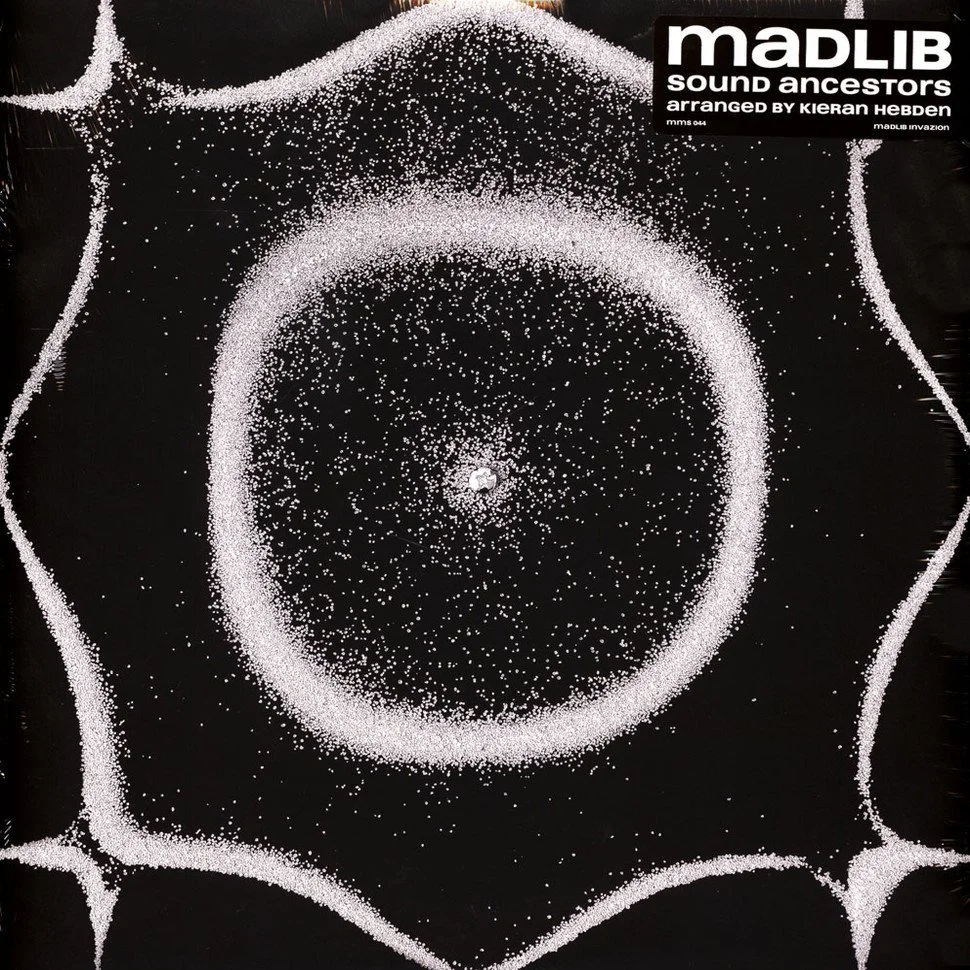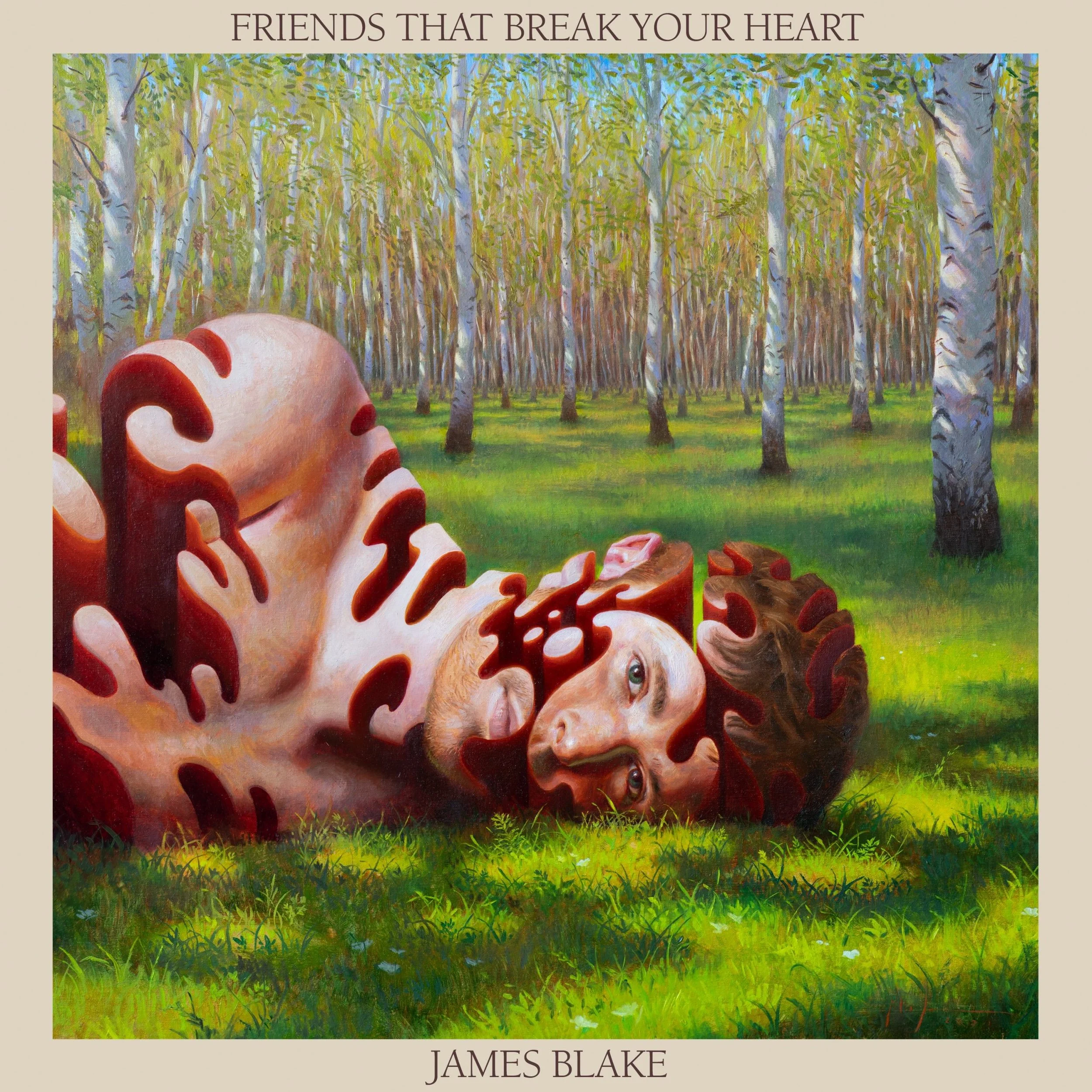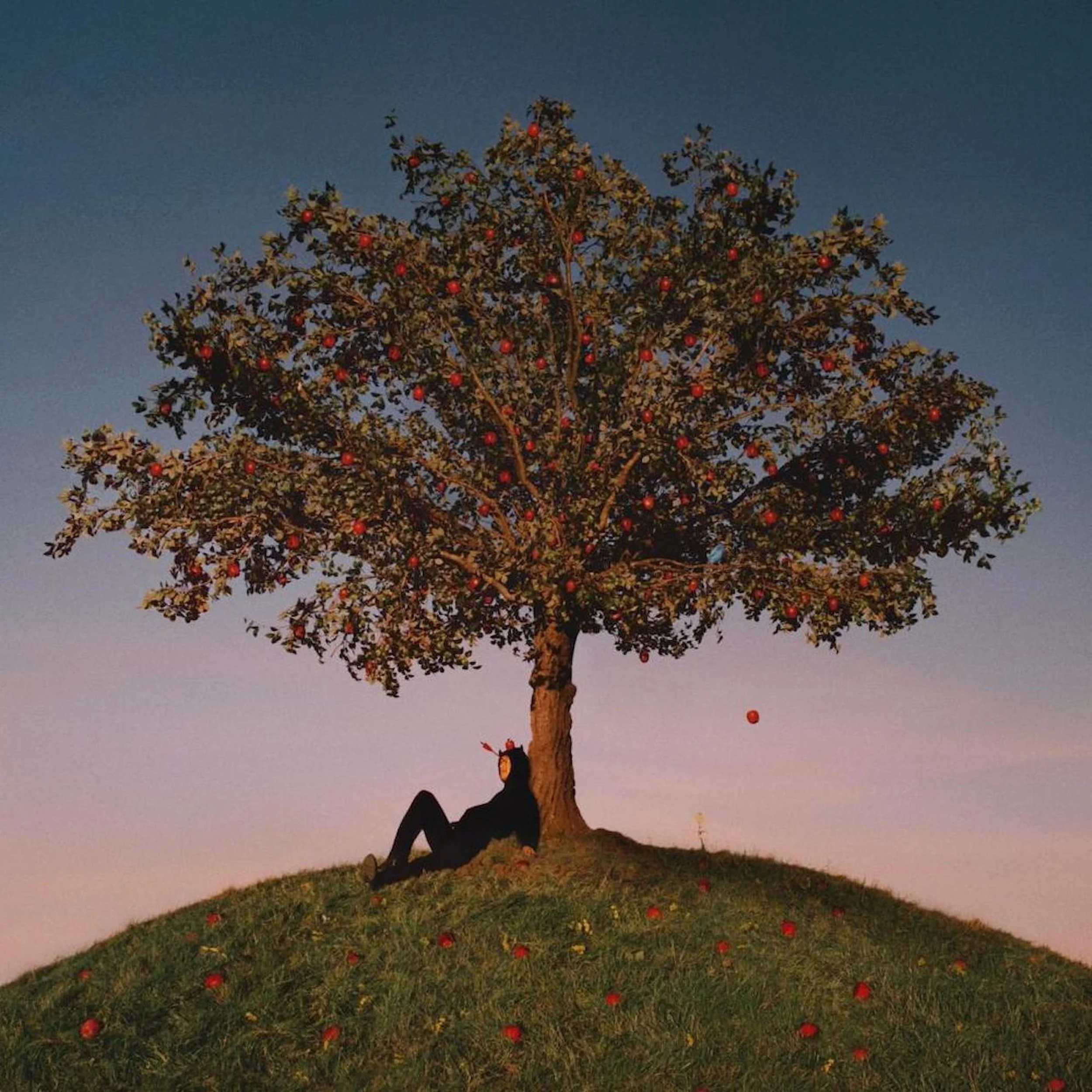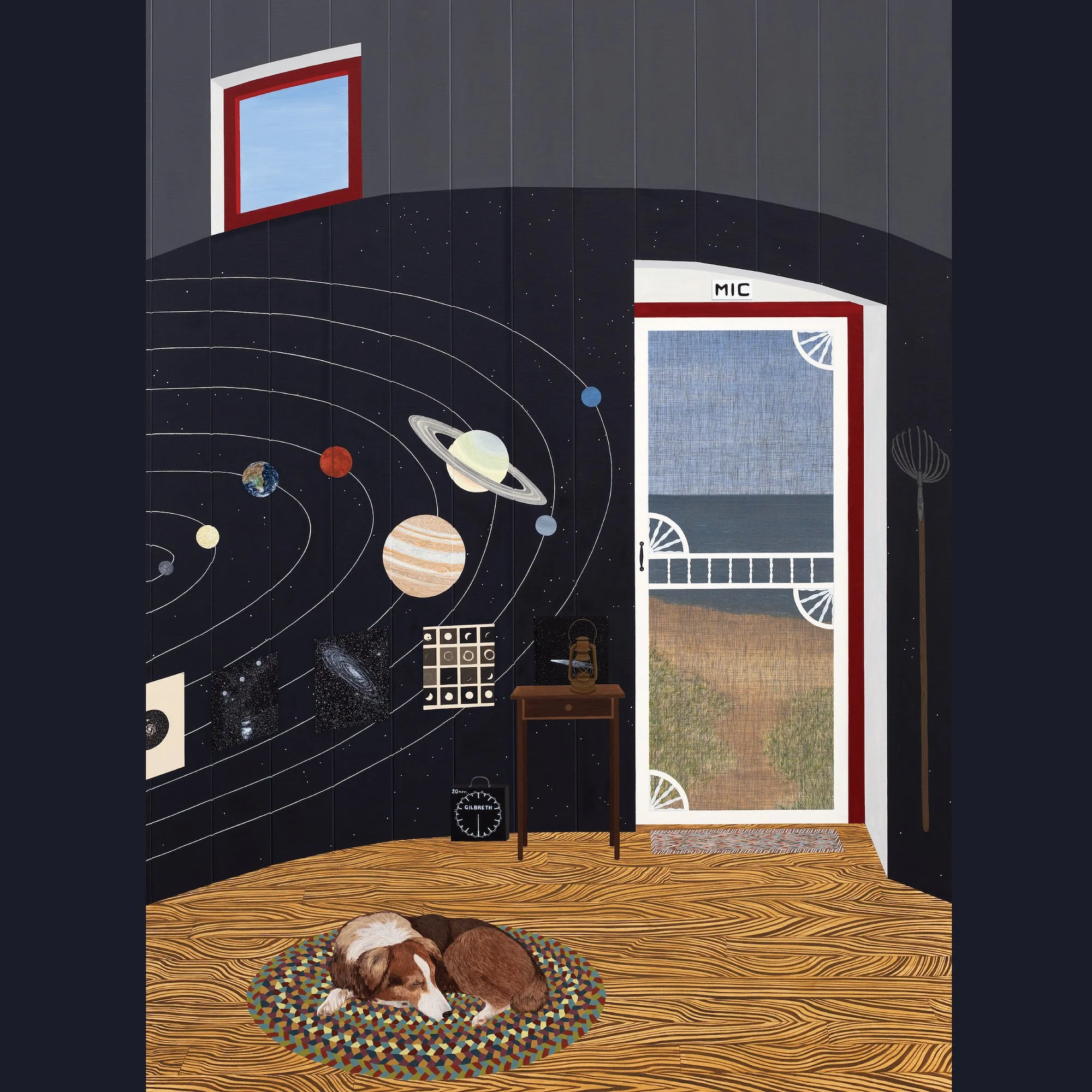Studies Suggest: Vol. 5
Studies Suggest showcases nice things that should be worth your time. It is a list of media I enjoyed recently or found interesting. There are no set rules for this. Maybe it’s a movie, an album, an interesting article, or basically whatever I like.
You Were Never Really Here
Joaquin Phoenix is a master at playing disturbingly broken men that find themselves in situations in which they assume they are the designated person to correct some wrongs in their world (sometimes a highly questionable assumption; see Joker). Subjectively speaking, the performance that Lynne Ramsay gets from him in You Were Never Really Here is the apex of this lineage. The film has been dubbed as “the Taxi Driver of the 21st century” or “an incredible mix of Drive and Léon.” - comparisons that are not too farfetched. It’s a ruthless and gutwrenching revenge movie with a sophisticated approach to visuals and atmosphere. For stretches, it might be less explicit than those other movies. But in no way is it less impactful in portraying a devastating, cold, and fatalistic view of the world. And still, while all these depressing characteristics are more than earned, it is impressive to see how Ramsay manages to place little sprouts of humanity and hope in that seemingly sterile soil. Not to spoil too much, but there is a burial scene in You Were Never Really Here that is so beautiful, captivating, and deep-cutting, that I think it made me forget to breathe for a couple of seconds.
Good Time
Speaking of forgetting to breathe, or rather, having no time to breathe: next in line for intentionally misleading titles is Good Time - the Safdie Brothers’ adrenalin-inducing big-screen debut. Although a bank robbery is setting off the downward spiral of pressure and chaos for the Nikas brothers, the A24 production is not a “heist movie” as such. It feels more like a 100-minute chase in which the protagonists try to escape the world they live in and the bad decisions they were forced to make because of an absence of other options in those surroundings. Essentially, it is a fight for survival. There is not even one moment to take a breath, no time for morals, no time to evaluate priorities or consequences. Simply because they have not much to lose, and even that might all be gone in the next second without them being able to do anything about it.
Floating Points, Pharoah Sanders & The London Symphony Orchestra - Promises
Floating Points, Pharoah Sanders & The London Symphony Orchestra - Promises Cover
Source: Bandcamp
I find it hard to precisely articulate what exactly makes this magnificent and dreamy piece of music so perfect. On a surface level, it could be generally described as “ambient” with Pharoah Sanders adding the genius of his legendary jazz virtuosity and The London Symphony Orchestra delivering some stunning neo-classical elements. All under the direction of super talented experimental electronic producer Floating Points (his last solo album Crush has to get highly recommended, too). If you are open to it Promises can transport you into a deeply calm, focused, and maybe even cathartic mental state. It is like a 47-minute meditation session that lets your mind wander along a fascinating, sometimes playful musical journey, just to let you emerge at the end with more clarity and a (maybe) newfound peace of mind. What more can you ask for?
The Extreme Self: Age of You
The Extreme Self: Age of You Cover
Source: Coupland
While Promises presents a precious musical journey, the new book by Shumon Basar and Douglas Coupland offers a visual and philosophical trip through our digital age. It tries to forecast possible futures to which exponential technological progress might lead and how the human race could - or won’t - survive in those extreme circumstances. The Extreme Self negotiates all sorts of currently relevant topics, both macro and micro: the transformation of our daily lives caused by digital intervention, privacy, politics, late capitalism, perception of reality, overstimulation, and identity a.o. If you sit down and go through the whole book in one go, it might seem like a giant rush of input and overwhelm you a bit. Especially if you have been watching multiple screens for hours before - think of a drastically milder and non-invasive version of Alex’s “eye-opening“ scene in A Clockwork Orange. It is fascinating how The Extreme Self achieves that through the physical and analog medium of printed matter - s/o McLuhan’s and Flore’s The Medium is the Massage. It mixes memes and philosophy in a precisely curated visual essay that is alarming, entertaining, and educating.
Mank
Mank might lack a tiny bit of the exceptional “genius” that seeps through most of David Fincher’s work, but it is nonetheless a stellar piece of filmmaking and “craftsmanship”. Like the inevitability of writers writing about writing, most directors produce a movie about moviemaking at some point in their career. Often paired with a satirical meta-commentary or some kind of environment study of the Hollywood machinery, a method that Fincher implemented to some extend with Mank. Luckily, he didn’t fall into the trap of silliness or obvious hyperbole but stayed true to his precision and focused on storytelling. Assuming that despite the comedic cloak of Mank, its depiction of the “dream factory” is accurate, there seem to be a lot of parallels between 1930s Hollywood and today's movie industry. While that is an interesting point to reflect upon and denounce that lack of societal progress, the movie’s strongest aspects are the predicament of a deeply honest protagonist operating in an environment that is anything but, and a friendship story that radiates a more sincere connection between characters than most love stories out there.
Wes Lang - Everything
Wes Lang Everything Cover
Source: Amazon
About time that a publisher dedicated an extensive monograph to Wes Lang’s impressive body of work up until this point, and Rizzoli delivered. Everything gives you exactly what you need if you want to dig deeper into Lang’s expressive world as well as his artistic journey. High-quality prints of his paintings and drawings, including some, never before seen artworks, as well as a great intro essay contributed by Arty Nelson. It paints the picture of an artist who steadily was working on his craft and thus was ready to seize opportunities once they presented themselves to him. (Although he joined Instagram just recently, a decision that was quite surprising for Wes Lang enthusiasts.) Remember when Jay-Z said: “A wise man once told me luck isn’t some mystical energy that dances around the universe randomly bestowing people with satisfaction and joy, you create your own luck.”? It seems like Wes Lang listened. (Don’t know if the timeline coherently adds up here, but you get the idea.)
*addendum:
Fleet Foxes - Shore Cover
Source: Musikexpress
Nala Sinephro - Space 1.8 Cover
Source: Bleep
The French Dispatch Poster
Source: Film France
The Wild Goose Lake Poster
Source: Screenanarchy
Madlib - Sound Ancestors Cover
Source: HHV
James Blake - Friends That Break Your Heart Cover
Source: James Blake
Thumbnail image: Good Time still.
Source: eam cinema

